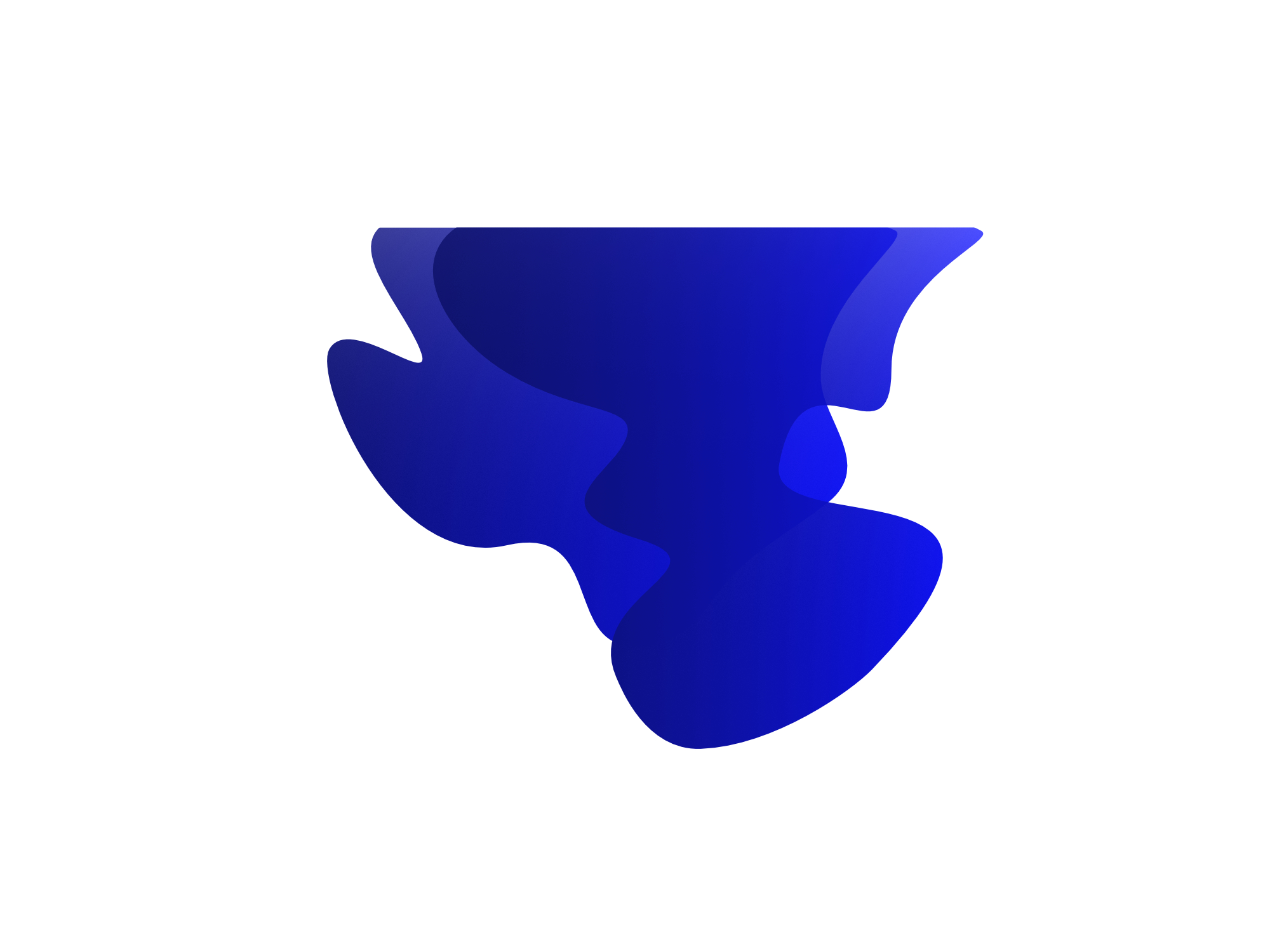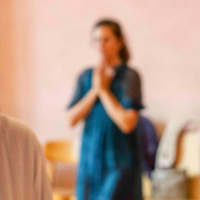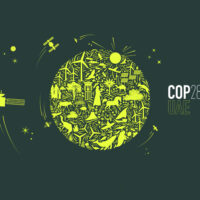Growth in knowledge enables us to perceive the weaknesses of other people much more clearly than before and, depending on our temperament, to address or possibly criticize them.
This touches on the problematic side of knowledge, cognition, and thinking. When we see something clearly, when we “know,” there is always a hidden danger that we not only become aware of a problem but also can become arrogant and presumptuous. Suddenly, we know exactly what should be done, what this or that person should or could have done better, and we don’t notice at all how we are more and more putting ourselves on a pedestal and looking down on the circumstances from up above. But there is also another problem associated with self-awareness: anger, even despair, concerning the things we realize we cannot do. After reading a book by Covey or Steiner, we can feel depressed and think, “I know that all this is true and that, now, I must actually do it—but I can’t.”
These reactions characterize the two classic enemies of any effective self-education. One is clothed in the illusion that if we have understood and know something, we, then, also have the right to judge and condemn other people who, in our opinion, do not yet have this understanding but should. There is also often the illusion that “to know” something means “to be able to do” it. The other enemy clothes itself in resignation which can even become depression. We don’t trust ourselves to follow through with this path of development and we don’t even have the courage to take a first step.
From Michaela Glöckler, Macht in der zwischenmenschlichen Beziehung [Power in interpersonal relationships] (Stuttgart, 1997).
Translation Joshua Kelberman
Graphic Sofia Lismont












